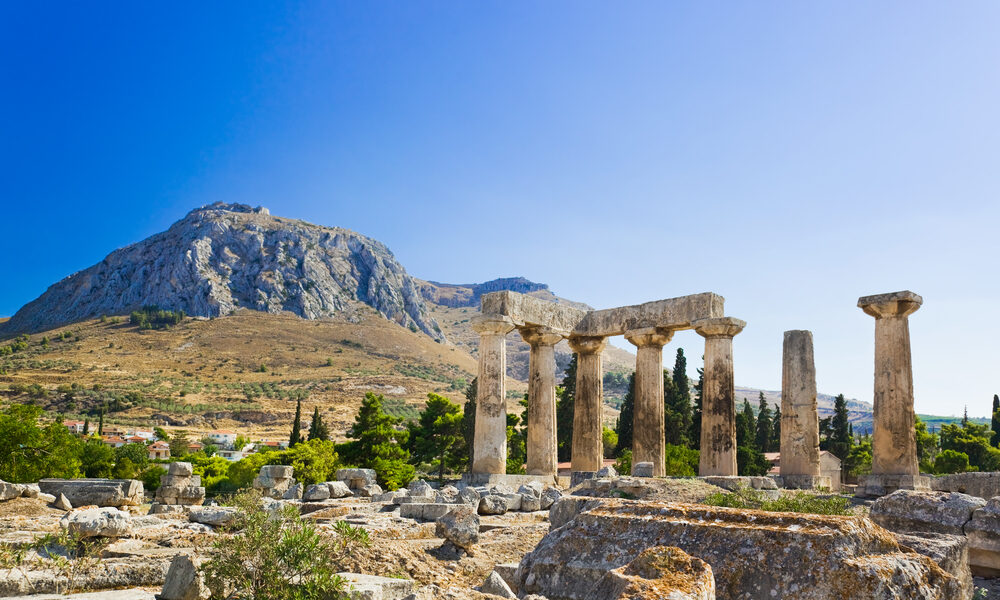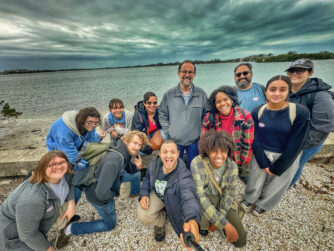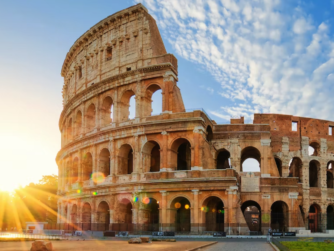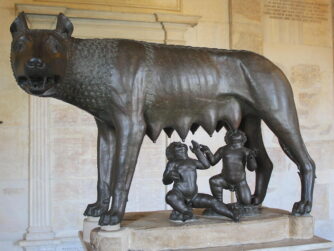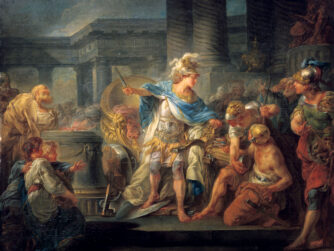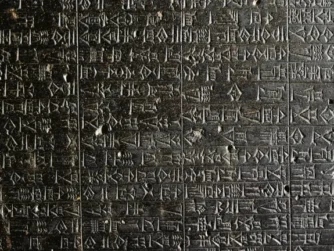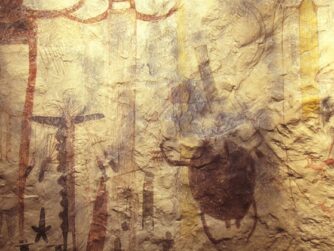This is variable topics class that provides an understanding of how the discipline of History is relevant to the human experience, its multiple roots, and the impact it has in society today. This course surveys the major social, political, and cultural aspects of the ancient Greek world, examined both thematically and chronologically across the centuries, from the Bronze Age trough the death of Alexander the Great. An important emphasis will be placed on Greek religion, art, education, and socio-political institutions in their historical context, as achievements of continuing importance in the contemporary world. We will analyze the impact the Greek culture has on the present and suggest possible connections that will emerge from the critical analysis of the past. In addition, this course will develop skills in creative thinking and a greater ability to propose solutions to complex problems.
The Greeks occupy a prominent place in the history of western civilization. The ancient Greek civilization is field upon which many institutions and ideas in the United States (political processes, art and architecture, scientific inquiry, popular culture) and other western nations take root. Therefore, examining the development of Greek civilization provides an understanding of western traditions, and cultivates the ability to compare those to other paradigms of thought.
The instructor does not wish to unwittingly distress any individual, so a fair warning must be given: the course covers all those things never to discuss at dinner parties such topics regarding politics, sex, and religion. Moreover, some of the material covered, during the lectures and in the readings and images portrayed, is explicit and/ or violent in nature. Presentation of this material by the instructor is potentially triggering. Students must consider whether they find such materials distressing to read, view, or discuss and decide thoughtfully whether to remain enrolled. Students who decide to remain enrolled should always keep in mind that the instructor is not presenting personal morals or opinions, but the beliefs and actions of an ancient people.
Course Objectives
General Education Course Objectives:
- Synthesize disparate or conflicting thoughts when evaluating questions/problems to form cohesive and collaborative solutions.
- Break Down complex problems to examine, propose, and support potential solutions, even if those solutions deviate from acceptable, mainstream solutions.
Global Citizens Project Course Objectives:
- Gain the ability to analyze global and cultural interrelationships and interdependencies cross space and time (Self-Awareness).
- Recognize differences in people’s values, beliefs, attitudes, and behaviors (Self- Awareness).
- Gain knowledge of major global and cultural systems and issues (Knowledge).
Additional Course Objectives:
- Develop and refine cultural literacy.
- Expose students to major cultural expressions of the Greeks.
- Give students adequate historical and political background of Greek history.
- Help students identify classical influences in contemporary American culture.
- Improve student skills in expressing clearly their point of view through writtenassignments.
Student Learning Outcomes
General Education Student Learning Outcomes:
- Identify the major chronological periods, geographical areas, and major characters of the Ancient Greek world.Qualify the cultural relevance of Greek antiquity in American public life, from neoclassical buildings to socio-political organization.Evaluate in political and ethical terms the actions of major Greek characters.Global Citizens Project
Student Learning Outcomes:
Compare and contrast how global issues and systems are experienced at different scales by juxtaposing Ancient Greek and American perspectives on the same cultural issues (Self-Awareness).
Identify and describe major global issues by illustrating the ways in Ancient Greek culture has shaped our perceptions of pressing cultural issues (Knowledge).
Additional Student Learning Outcomes:
- Provide historical, political, and cultural background for individual Greek periods and geographies.
- Compare major artistic and literary forms of each period of Greek civilization.
- Comprehend and analyze a range of visual and written sources relevant to the corestudy of the ancient Greek culture.
- Use sources to reconstruct aspects of life of ancient Greeks.
- Communicate effectively in oral and written forms to describe and analyze featuresand issues of the ancient Greek civilization.
In the interest of career readiness, the instructor is supplying these connections between the course objective and seven competencies identified by the National Association of Colleges and Employers (NACE) as most desirable to potential employers. The numbers here correspond with the numbering in Course Objectives.
By analyzing the nature of a field of study (in our case the ancient world), students develop critical thinking and problem-solving skills. In this analysis, students are frequently asked to explain their conclusions verbally in class time which builds oral communication skills. The instructor will frequently challenge their interpretation, asking for clarification and presenting opposing sides of the argument. Overcoming this challenge will require leadership skills – by assessing and managing one’s emotions under stressful circumstances – and further refinement of critical thinking and problem- solving skills.
The ready knowledge that students develop about different cultures, races, ages, genders, religions, lifestyles and viewpoints through their study of ancient Greece further develops the empathic abilities required for leadership skills.
While we will focus on comparing Ancient Greece and our modern American society, the tools of comparison that we develop can be broadly applied to any comparative act. This more rigorous comparative ability is another development of a student’s critical thinking and problem-solving ability. In addition, the instructor will frequently ask students to furnish their own information for these comparisons, something which adds to information technology application.
By becoming more aware of how Classical antiquity has influenced their own thought, students develop a greater metacognitive ability, that is, the ability to think about thinking. This not only increases critical thinking again but is also an important aspect of negotiating diversity in teamwork/collaborative activities, the interpersonal skills and emotion managing aspects that are part of leadership, and the ability to think ethically and contemplate one’s own integrity which contributes to professionalism/work ethic.
Syllabus.Fall2022.UnderstandingTheAncientGreeks.HIS-3938


